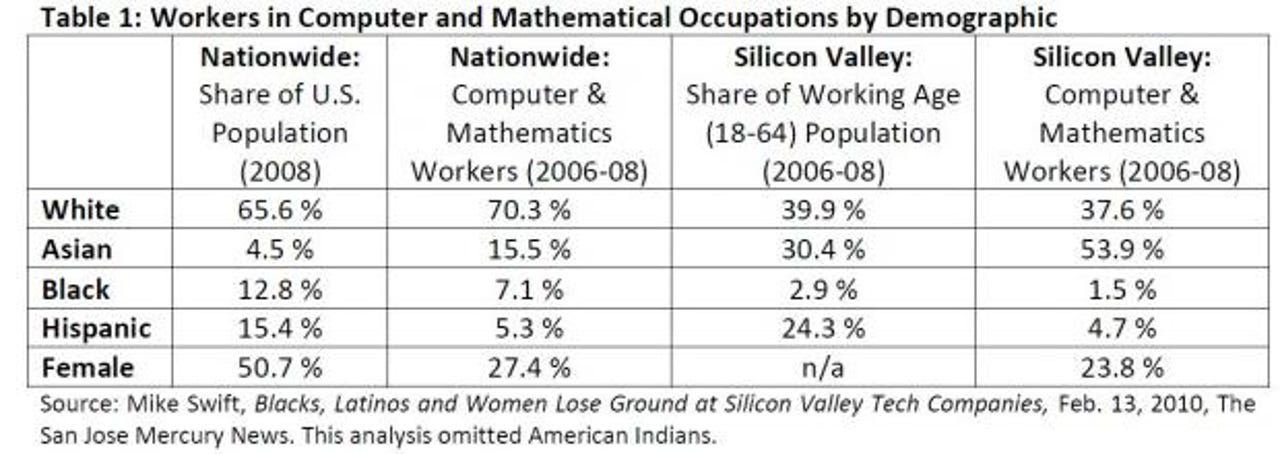Microsoft 'Big Boobs' gaffe points to wider industry problems for women in tech

The BBC is reporting today that Microsoft has swiftly removed a bunch of code labelled 0xB16B00B5 which can be read, I guess, as 'Big Boobs'. It's the second embarrassment of its kind in as many months for Microsoft. Last months Azure Norwegian developer conference culminated in an interesting dance routine which led to a sheepish apology from Redmond:
This week’s Norwegian Developer’s Conference included a skit that involved inappropriate and offensive elements and vulgar language. We apologize to our customers and our partners and are actively looking into the matter.
Microsoft runs a comprehensive diversity programme and it has never been afraid to take its leadership to the barricades on such issues of social justice, so I'm not sure this is altogether a fair comment on Microsoft in particular. I suspect it's rather a sign of a more endemic problem throughout the industry. Matthew Garrett of Redhat writing in his blog said:
At the most basic level it's just straightforward childish humour, and the use of vaguely-English strings in magic hex constants is hardly uncommon. But it's also specifically male childish humour. Puerile sniggering at breasts contributes to the continuing impression that software development is a boys club where girls aren't welcome. It's especially irritating in this case because Azure may depend on this constant, so changing it will break things.
But what about the business case for diversity? Can we really afford to alienate 50% of the workforce? In a thoughtful piece ZDNet's Tom Foremski wrote:
Silicon Valley is running hard to maintain its position as the global innovation engine, against competition with dozens of fast growing innovation centers around the world.
Which is why it's puzzling that Silicon Valley has such a large gender gap in key sectors such as angels, VCs, entrepreneurs, engineers, and in senior executive roles.
Why isn't Silicon Valley using all of its people?
A cursory look at the numbers overall makes grim reading. From a paper published by the Anita Borg Institute, Minorities and High Tech Employment:

Focusing on gender alone here are the stats from the major tech leaders, many of whom are corporate partners of the Anita Borg Institute - an organisation dedicated to the advancement of women in tech, who at least are prepared to be transparent:
Most concerning of all is the long list of tech leaders who are not yet prepared to publish any performance data at all. Without evidence and transparency are women and minorities just supposed to trust that they will be welcomed and supported upon recruitment?
Among those not yet disclosing: Apple, Adobe, Amazon, Applied Materials, Broadcom, Brocade, CA*, Facebook, Google, Intuit, JDSU, Juniper, Marvell, NetApp, Neustar, Salesforce, Thought Works, Yahoo!, LinkedIn.
*CA does disclose women at executive level which is currently 8% and perhaps the most comical explanation for non disclosure comes from Google in 2010 when it then claimed the race and gender composition of its workforce is a trade secret.
In a week when Marissa Mayer joins the growing ranks of women in top tech jobs, the numbers (and lack thereof) beg the question of whether the success of Mayer, Whitman & Rometti represent the exception rather than the rule for women in tech.
Updated with VC data:
At the start up end of the industry things don't look much better. CB Insights research of 160 funded start ups from January to June 2010 show the same depressing trend. However, one proof point perhaps for the business case for diversity is that mixed gender start up teams are attracting more funding.
And lest we think that the problem is completely universal and therefore immutable consider the statistics from Massachusetts which together with California and New York make up the big three states for VC funding. Of the 16 start ups funded in the period January to June 2010, 31% were all women founders. Compare this ratio to just 3% each in New York and California over the same period.
Referring to the recent Kleiner, Perkins, Caulfied and Byers sexual harassment lawsuit Tom Foremski came up with an ingenious mitigation idea that could just be the start of a tide turning:
I have a great suggestion for a new VC fund from Kleiner Perkins: the $100 million Triple 'F' Fund- "The Female Founders Fund - Investing in all our people." It can't hurt KP's reputation beyond what's already done, and the fund would probably do very well.
How about it?